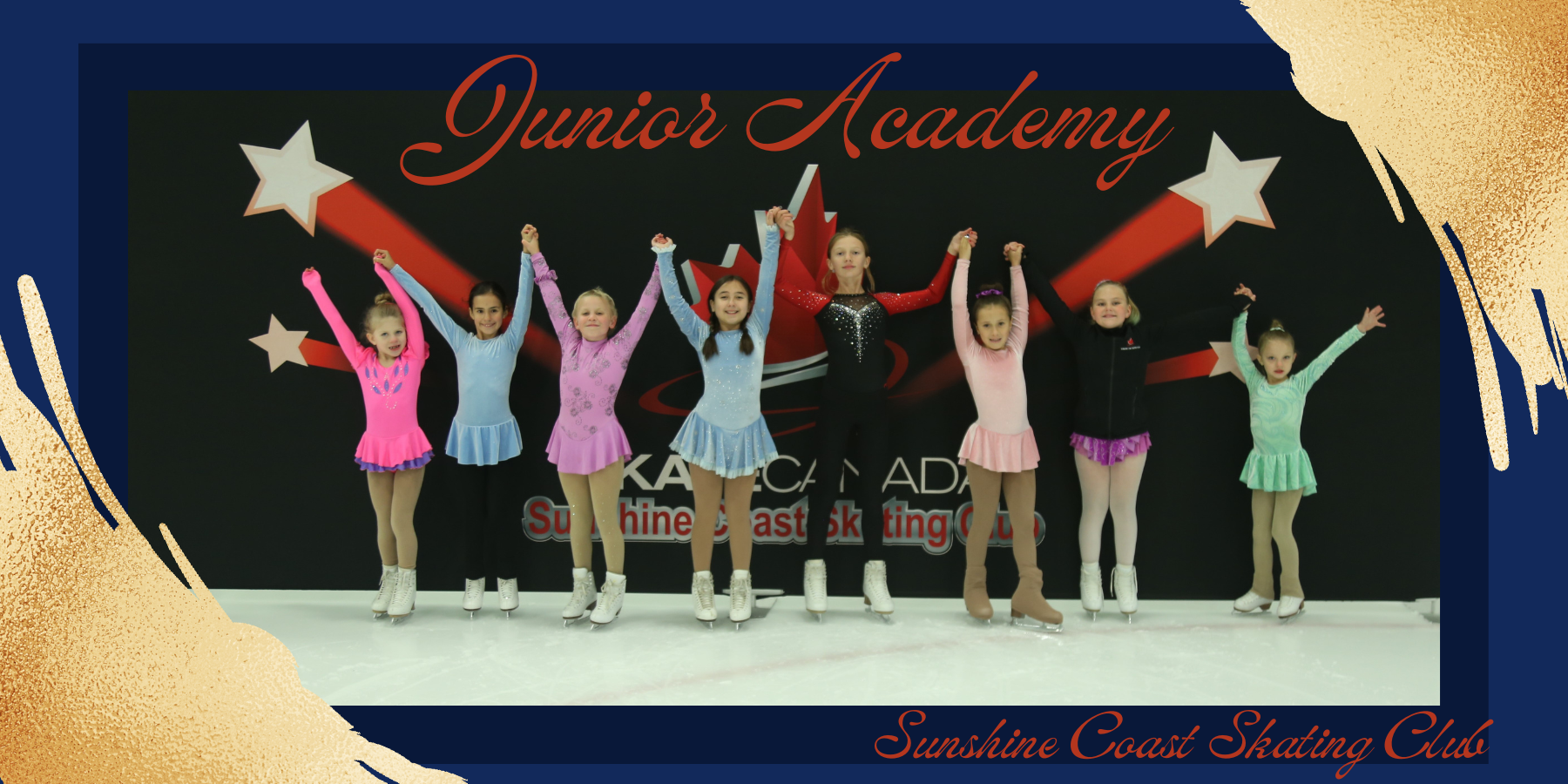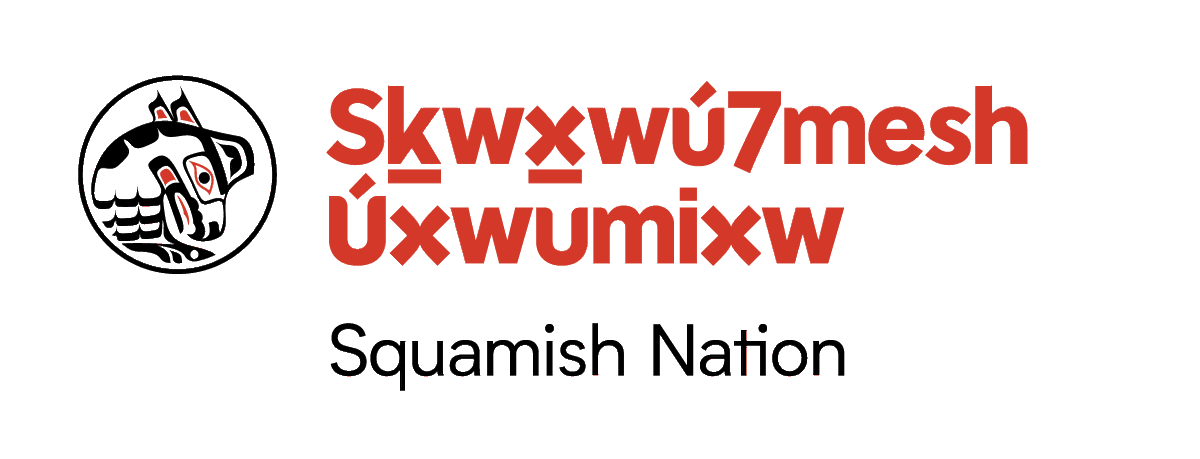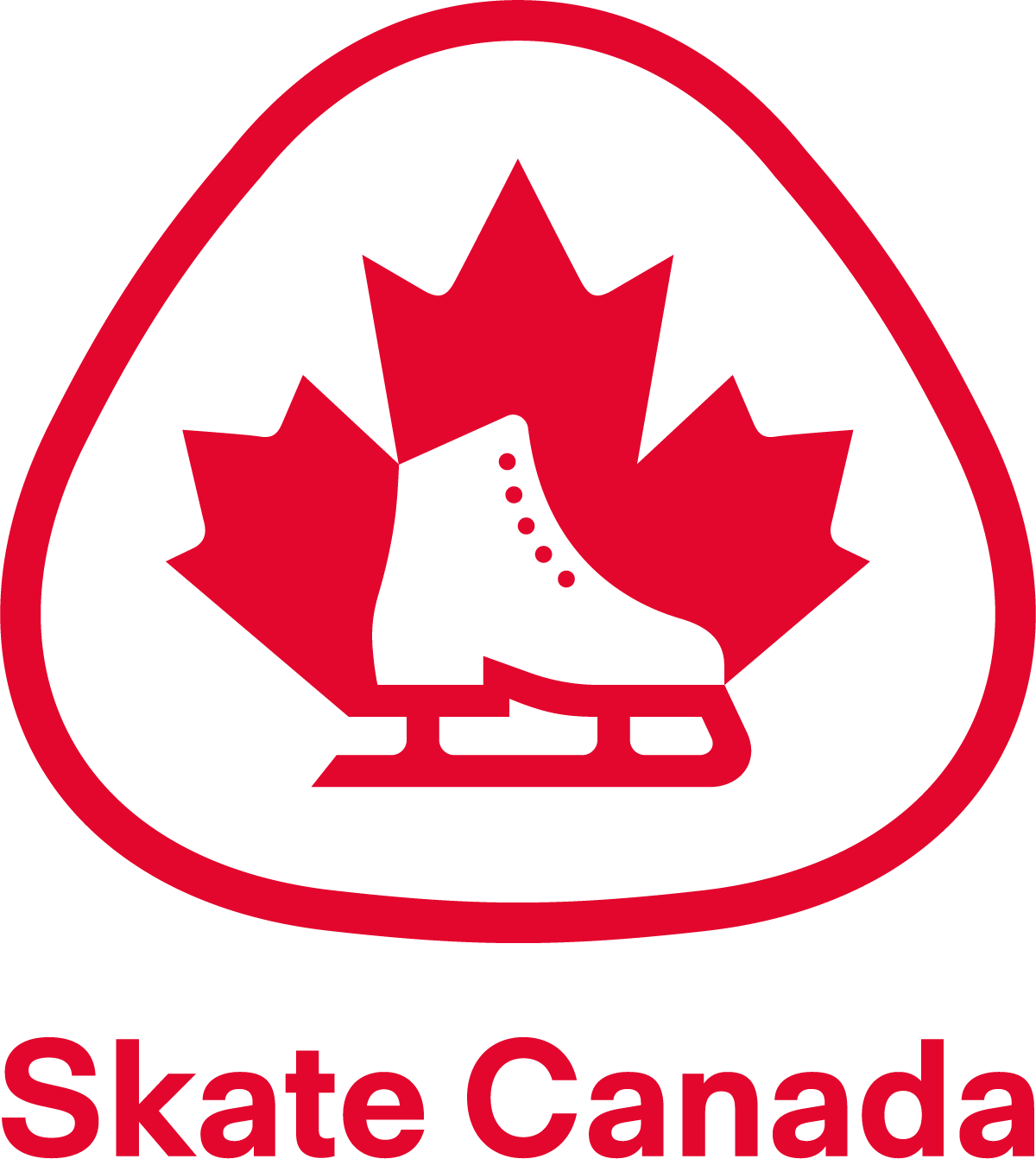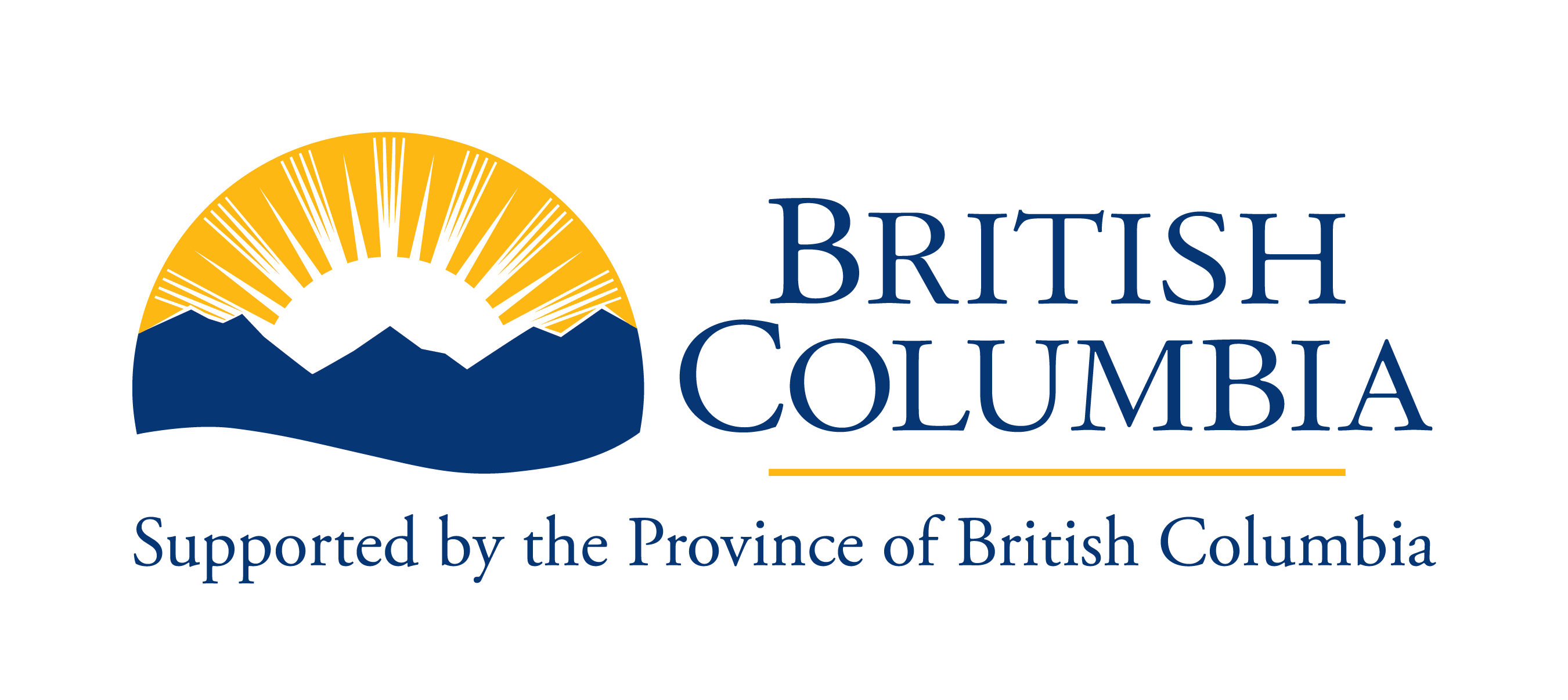Junior Academy
The Junior Academy/Jr. Star program is a vital bridge between CanSkate and STARSkate, designed to further develop foundational figure skating skills in a fun, focused group environment. Skaters will progress from basic techniques to more advanced figure skating elements in preparation for the STAR 1 level. Graduates of this program may even have the opportunity to participate in regional competitions.
What to Expect?
Off-Ice Warm-Up
Skaters should arrive at least 15 minutes before their session to complete a short warm-up, which can be done in the arena lobby:
- Jumping jacks, jogging, skipping
- Light dynamic stretching
Off-ice warm-ups help skaters activate their muscles and focus before hitting the ice.
On-Ice Sessions
Each session begins with a structured warm-up and includes:
-
Review of skills from the previous session
-
Practice of new elements through activities and circuits
-
Creative skating time to explore and apply learned skills in a fun way
Dryland Sessions
Dryland sessions focus on developing:
- Jump and spin positions
- Agility, strength, flexibility, and endurance
- Mental preparation and positive self-image
These sessions enhance performance and help skaters translate skills off the ice to on-ice execution.
Skater Preparation
Timeliness: Arriving on time and warmed up ensures skaters get the most from their sessions.
What to Bring:
-
Hard guards (for walking to/from the ice)
-
Soft guards (for skate storage)
-
Towel to dry blades immediately after skating
-
Water bottle and Kleenex
-
Binder for notes and handouts
-
Hair tied back securely
What to Wear
Clothing:
Avoid jeans, hoodies, and baggy clothes, which can restrict movement and hide body lines. Instead, opt for:
Avoid jeans, hoodies, and baggy clothes, which can restrict movement and hide body lines. Instead, opt for:
- Slim-fitting tights or leggings
- Skating dresses or skirts
- Form-fitting sweaters with light layers underneath
- Gloves (not mittens)
Skates:
- Must be proper figure skates with solid ankle support and sharpened blades
- Never tie laces around the ankle of the boot — this can cause injury
Helmets:
- Mandatory for any skater who hasn’t completed CanSkate Stage 5
- Skaters may join Junior Academy after completing Stage 4, with approval from the Director of Skating, but must wear a helmet until Stage 5 is complete
Skater On-Ice Etiquette: We have a strict no “fooling around” rule during lessons and free time. Safety and focus are essential — all skaters deserve a respectful and productive environment.
We want every skater to have a good experience on the ice.





